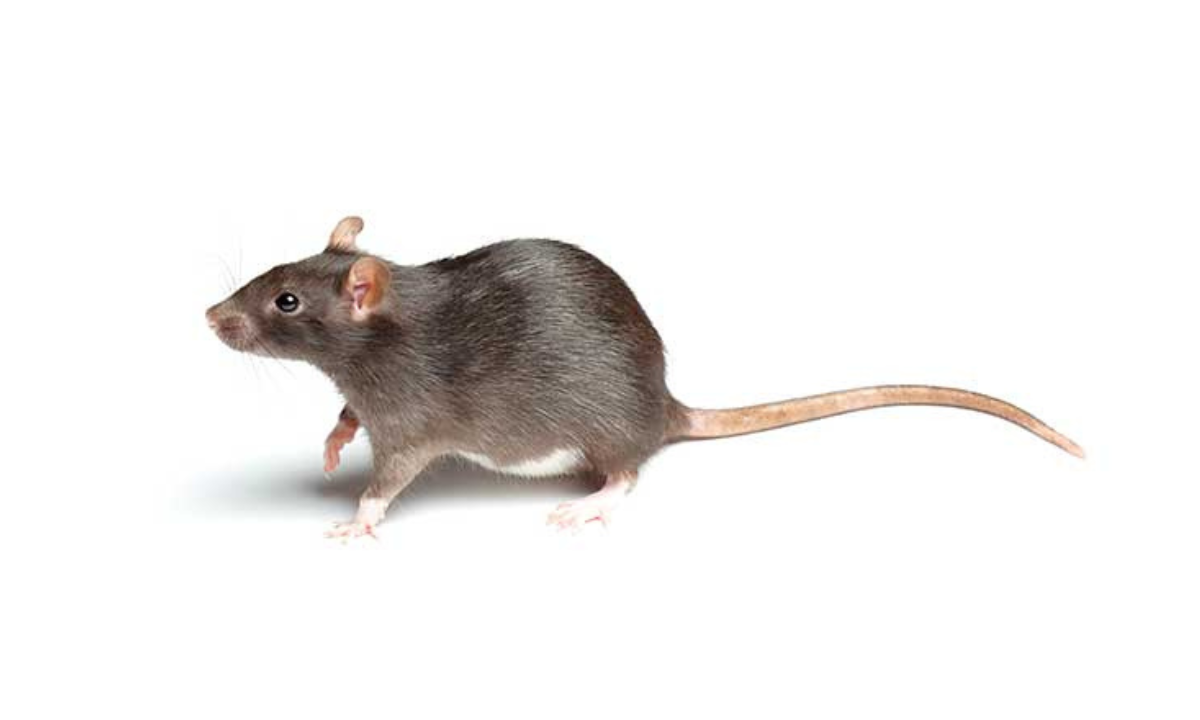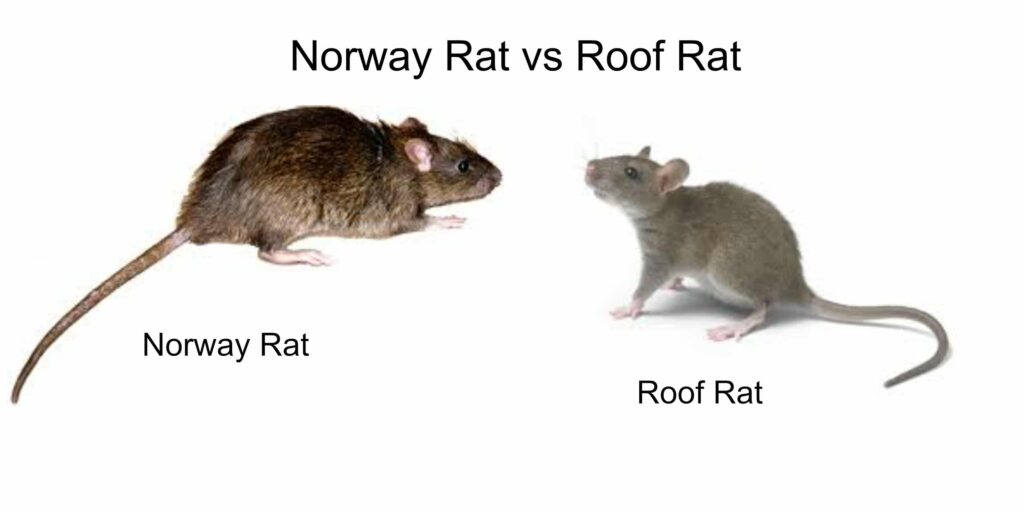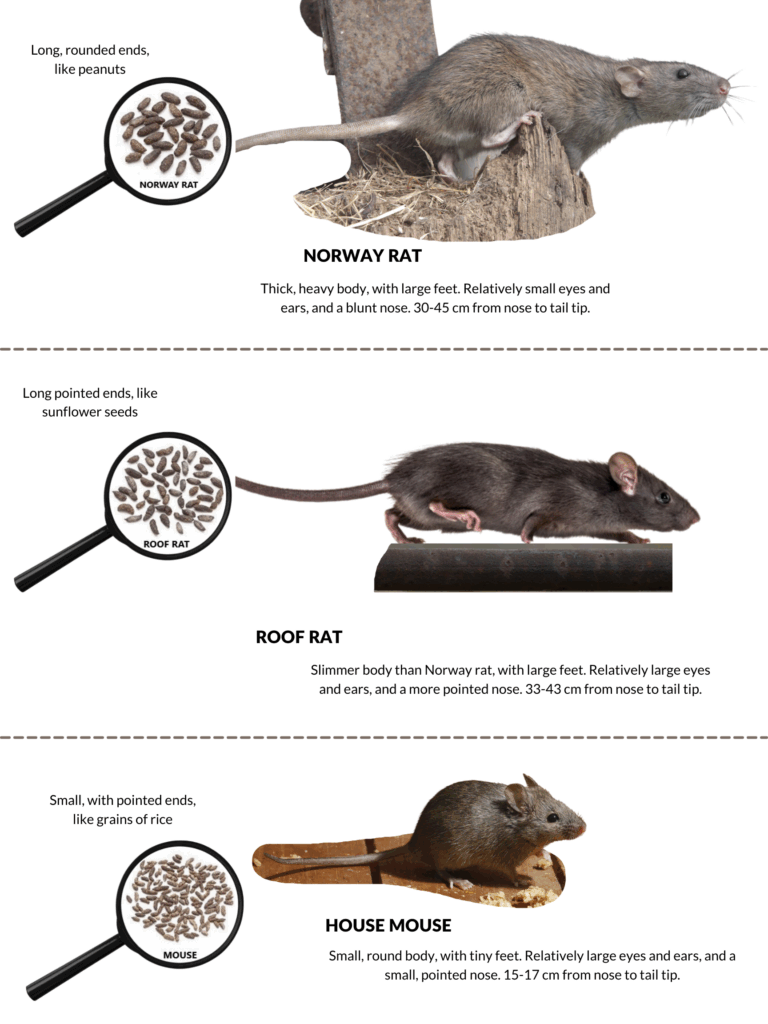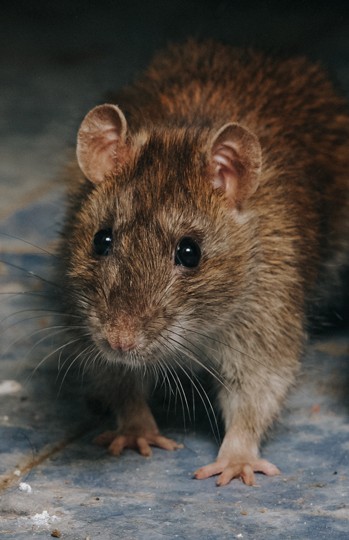Rats

Rats in Massachusetts – Identification, Dangers, and How to Keep Them Out of Your Home
Rats are among the most troublesome pests homeowners can face. Known for their intelligence and adaptability, these rodents have lived alongside humans for centuries, thriving in both urban and suburban environments. In Massachusetts—particularly in Cape Cod towns like Barnstable, Falmouth, and Plymouth—rat infestations are increasingly common due to the proximity of residential neighborhoods to natural food and water sources.
Unlike seasonal insects, rats are a year-round problem. They invade homes seeking warmth, shelter, and easy access to food. Once inside, they reproduce quickly, contaminate food supplies, spread disease, and cause property damage by gnawing through walls, wires, and insulation. At ServPest, we specialize in helping homeowners across Cape Cod and Plymouth County identify, eliminate, and prevent rat infestations using eco-friendly and highly effective methods.
Common Rat Species in Massachusetts
Massachusetts homeowners primarily encounter two species: the Norway Rat and the Roof Rat.
Norway Rats are larger, with stocky bodies, blunt noses, and small ears. They typically nest in burrows underground or in basements, crawl spaces, and lower levels of buildings.
Roof Rats, on the other hand, are smaller, more slender, and have larger ears and tails. They prefer to nest in elevated areas such as attics, wall voids, and trees.
Both species are opportunistic feeders, consuming almost anything available to them. They are nocturnal, making them difficult to spot during the day, and they leave behind signs of their presence rather than revealing themselves outright.

Signs of a Rat Infestation
Spotting a single rat is often just the tip of the iceberg. Rats are secretive creatures that usually travel along the same paths repeatedly, leaving behind clues as they go. Homeowners in Massachusetts should be alert for the following signs:
Droppings: Small, dark, pellet-shaped droppings are one of the most obvious indicators of a rat problem.
Gnaw Marks: Rats must constantly gnaw to keep their teeth trimmed, leaving chew marks on wood, wires, and food packaging.
Grease Marks: Oily smudges along baseboards or walls are caused by the oils in their fur rubbing against surfaces.
Nesting Materials: Rats create nests using shredded paper, fabric, and insulation, often hidden in secluded areas.
Sounds: Scratching or scurrying noises, particularly at night, are a telltale sign of rodent activity.
Because rats reproduce quickly, early detection is crucial. Ignoring these warning signs can lead to a full-blown infestation in just weeks.

Health Risks and Property Damage Caused by Rats
Rats are more than just a nuisance—they pose serious health and safety risks to your household. They are known carriers of diseases such as salmonella, leptospirosis, and hantavirus, which can be transmitted through their droppings, urine, and saliva. Rats also harbor fleas and mites, which can spread to pets and people.
Additionally, their constant gnawing behavior can cause significant property damage. They chew through wood, insulation, and even electrical wiring, increasing the risk of fires. For Massachusetts homeowners, especially in older houses throughout Cape Cod, this risk is particularly concerning.
Why Rat Problems Are Common on Cape Cod
The coastal environment of Cape Cod provides rats with ideal conditions to thrive. Residential areas with abundant vegetation, easy access to garbage, and mild winters offer perfect habitats. Rats also thrive in areas where construction and human activity disturb their natural environment, forcing them to seek shelter in homes.
Because rats are excellent climbers and swimmers, they can access homes through even the smallest openings, traveling along pipes, tree branches, and utility lines. This makes prevention and maintenance critical in rat-prone regions like Plymouth, Mashpee, and Orleans.
How to Prevent Rats from Entering Your Home
Preventing rats starts with eliminating what attracts them: food, water, and shelter. Massachusetts homeowners can take several proactive measures to reduce the risk of infestation:
Seal Entry Points: Rats can squeeze through holes as small as a quarter. Inspect your home’s exterior and seal cracks, gaps around utility pipes, and openings in vents or roofing.
Eliminate Food Sources: Keep all food stored in sealed containers, clean up spills immediately, and avoid leaving pet food out overnight.
Manage Garbage: Use tightly sealed trash bins and ensure compost piles are properly maintained.
Reduce Clutter: Remove debris and unused items where rats might hide or nest.
Trim Vegetation: Keep tree branches and shrubs trimmed away from the house to limit access points.
While these measures help, they are not foolproof. Rats are persistent, and once they establish themselves, professional intervention is often required.
Professional Rat Control Solutions
DIY traps and poisons rarely solve rat problems entirely. While they may kill a few individuals, they fail to address the root of the infestation: the nest and the breeding population. At ServPest, our expert technicians use a multi-step approach to ensure complete eradication.
Our process begins with a thorough inspection to locate entry points, nests, and activity areas. We then employ targeted solutions—such as baiting, trapping, and exclusion methods—tailored to your home’s unique situation. Once the rats are removed, we seal potential entryways and provide recommendations to prevent future infestations.
Unlike temporary fixes, our treatments are designed to address the problem long-term. With ServPest, you can trust that your home will be safe and secure.
Don’t wait until rats cause costly damage—protect your home today.
Contact ServPest now to schedule an inspection.

Frequently Asked Questions About Rats
Look for droppings, gnaw marks, greasy rub marks along walls, and scratching noises at night. Even one or two of these signs may indicate a larger infestation.
Yes. They can transmit diseases, contaminate food, and cause significant property damage. Their gnawing on wires also increases the risk of house fires.
DIY methods may temporarily reduce the population but rarely eliminate the entire colony. Professional control ensures complete removal and long-term prevention.
Rats breed rapidly, with a single pair capable of producing dozens of offspring in a year. This is why early intervention is so important.
Seal all entry points, keep food sources secure, and maintain a clean property. For ongoing protection, schedule regular inspections with a pest control professional.
Protect Your Home with ServPest
Barnstable County, MA
Plymouth County, MA
Mon - Fri 7:00 am - 7:00 pm
Sat 8:00 am - 3:00 pm
Sun: Closed
Operation Hours: Mon-Sat: 7am - 7pm
Office: (508) 815-4842
Alternate: (508) 815-3114
info@servpest.com

